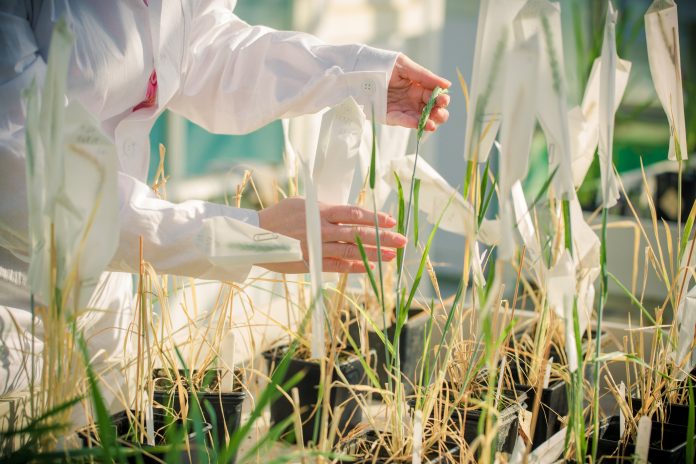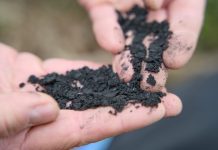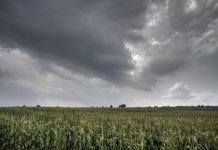University of Sheffield scientists explore how plants can rapidly adapt to climate change through natural genetic engineering, potentially revolutionising crop resilience
Researchers at the University of Sheffield are investigating the phenomenon of “natural genetic engineering,” where plants acquire genes from other species to accelerate their own evolution. This process, known as lateral gene transfer (LGT), enables plants to adapt more quickly to environmental challenges such as drought and heat. By studying grasses such as wheat and maise, the team aims to uncover how LGT contributes to crop resilience, offering new avenues for enhancing global food security in the face of climate change.
Unlocking how grasses share genes to boost adaptation
The research initiative, spearheaded by Dr Luke Dunning, aims to utilise grasses as a model system to gain deeper insights into lateral gene transfer (LGT) within a natural environment. This study builds on a substantial body of prior research that has demonstrated the prevalence of LGT among grass species. Grasses not only play a crucial ecological role in various ecosystems but also hold significant economic value, making them an ideal focus for understanding the mechanisms and implications of gene transfer in nature. Through this investigation, the team aims to identify the factors that facilitate LGT in grasses and evaluate its impact on their adaptation and resilience in diverse habitats.
By uncovering how natural genetic engineering works in these species, the researchers hope that this knowledge can be used to develop crops that are more tolerant to drought, heat, and poor soils. This could potentially revolutionise agriculture, offering hope for a more resilient and sustainable food production system.
Dr Luke Dunning, from the University of Sheffield’s School of Biosciences, emphasised the potential impact of the project on global food and agriculture challenges. By understanding ‘natural genetic engineering, ‘ the team aims to provide a new framework for how plants naturally adapt to a rapidly changing climate. This understanding could be instrumental in the creation of more resilient crops, ensuring stable food supplies in the face of climate change.
“If we can uncover how plants share and integrate genes, we can better understand how crops like wheat and maise adapt – knowledge that could ultimately help ensure stable food supplies in the face of climate change.”
Funding backed an interdisciplinary study to decode lateral gene transfer
The researchers, with support from Bangor University, are embarking on an interdisciplinary study that will aim to answer three key questions:
- How does it happen? The team will investigate whether lateral gene transfer (LGT) in grasses is caused by reproductive contamination, where DNA from a third party is introduced during sexual reproduction.
- How often does it occur? The researchers will quantify the background rate of LGT in natural grasslands to assess its significance in driving rapid adaptation.
- Where do the genes go? The study will examine whether foreign genes are inserted into specific, non-random locations within the recipient plant’s genome, which is crucial for their successful integration and function.
The project has secured a substantial funding amount of £950,000, generously provided by the Natural Environment Research Council (NERC), which underscores their commitment to supporting research and initiatives that enhance our understanding of the natural environment.










